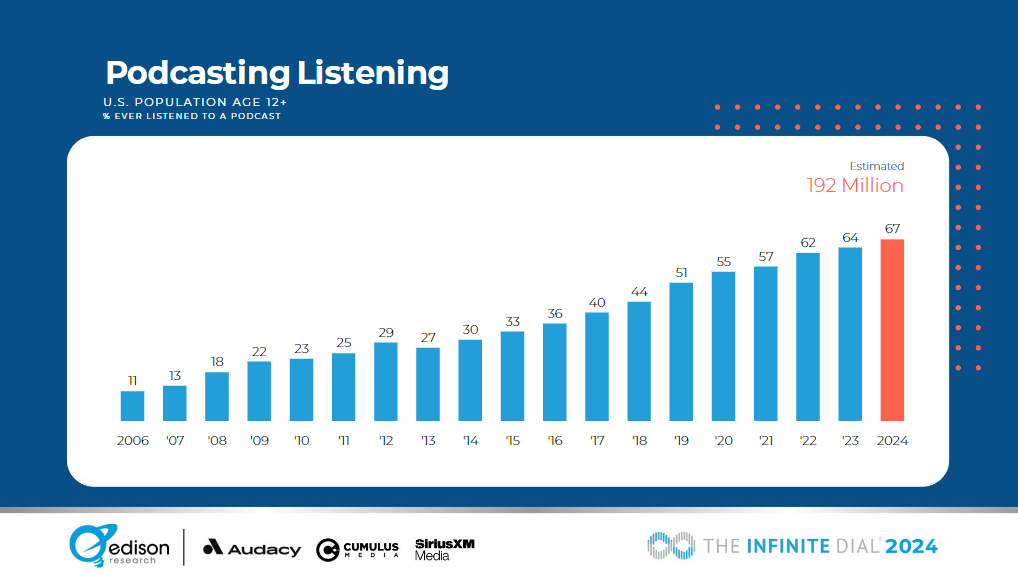Having good board members is essential to maintaining a well-functioning community. An effective HOA board education is crucial for assisting members with the key knowledge needed for association management.
There are numerous ways to develop the expertise of both yourself and your fellow board members. Let’s navigate through some key strategies and common pitfalls together.
What We’ll Cover In This Article
What is the importance of education?
Board members are volunteers dedicated to helping the community. Many of them are serving in these roles for the first time, often coming from fields different from property management and relying solely on their goodwill.
HOA board education is essential for wise association management. The more you know about the ins and outs of property management, the more confident you will feel about each decision you make.
Risks of uneducated board members.
Due to their inexperience, board members may unintentionally make mistakes. Let’s explore the most common mistakes and their possible causes:
1. Finance problems
Poor financial management often stems from failing to reserve funds and lacking budgeting skills, leading to financial instability and neglect of common spaces. This oversight can leave associations vulnerable to unforeseen expenses they may struggle to cover.
2. Legal violations
HOAs are subject to numerous regulations, often challenging to interpret and comply with. Ignorance of the law and failure to seek legal counsel can expose HOAs to lawsuits, fines, and legal penalties.
3. Ineffective communication
Establishing effective communication is crucial for connecting the board with residents within a community. Insufficient communication can lead to conflicts between residents and the board, as well as among residents.
Moreover, inefficient communication channels can unnecessarily prolong simple processes. Thus, it contributes to community disengagement and fostering a perception of transparency issues in community management.
4. Unfair rule enforcement
Applying fees can be one of the most challenging tasks for an inexperienced board member. Inconsistent or unfair enforcement of rules lead to discontent and a feeling of unfairness among residents.
How to be educated as a board member?
There are many paths to explore in your search for HOA board education, and technology can be your best ally. Let’s navigate through the main ones:
1. Board certification classes
Board certification classes provide essential training for individuals who wish to develop their skills and knowledge in managing HOAs. These classes are often offered for free by businesses related to associations, such as lawyers, insurance companies, software companies, and much more.
Covering a wide variety of topics, from governance and legal compliance to financial management. These classes equip board members with the necessary tools to effectively fulfill their roles.
You can go through our list of board certification classes playlist and watch our previous classes by clicking here.
2. CE Classes
Continuing education classes are intended for property managers learning. This way, the state can ensure that these professionals stay up-to-date with the latest developments, regulations, and best practices.
However, there is nothing to stop them from being used for HOA board education. So, you can subscribe, and it will allow you to learn about the latest industry trends.
3. Podcasts
Podcasts offer a modern approach to delve into HOA board education subjects. They’re not just convenient for absorbing information, but also allow you to multitask effortlessly, whether you’re driving or cooking.
According to the Edison Research Institute, which conducts annual studies on podcast listening habits, around 67% of the U.S. population has listened to podcasts as of 2024. This is more than double the percentage from 2014.
Podcast popularity continues to grow, reflecting a significant trend in digital media consumption. This trend is illustrated in the graph below.

With the growing interest in podcast platforms, many new programs have been created. Among them are several that can be helpful for board education. Click here to check out the best HOA podcasts.
4. Signing up to newsletters
Newsletters are a type of media created to inform subscribers about the latest industry news. They are published frequently and normally sent by email.
In the field of HOAs, newsletters are produced by companies that provide services to these associations, as well as by lawyers and property managers. You can usually sign up by entering your email address on their website.
They can be useful for orienting new board members and providing information from specialists. Additionally, they help update the knowledge of those who have been in their positions for some time.
Wrapping up on HOA Board Education
HOA board education is essential for making informed decisions and effectively managing your association. Whether you’re preparing for a new role in an HOA or looking to expand your skills, staying informed about your field is crucial.
One of the most efficient ways to stay up-to-date and leverage technology to your advantage is by subscribing to a newsletter. Click below to subscribe to our newsletter and stay informed.




